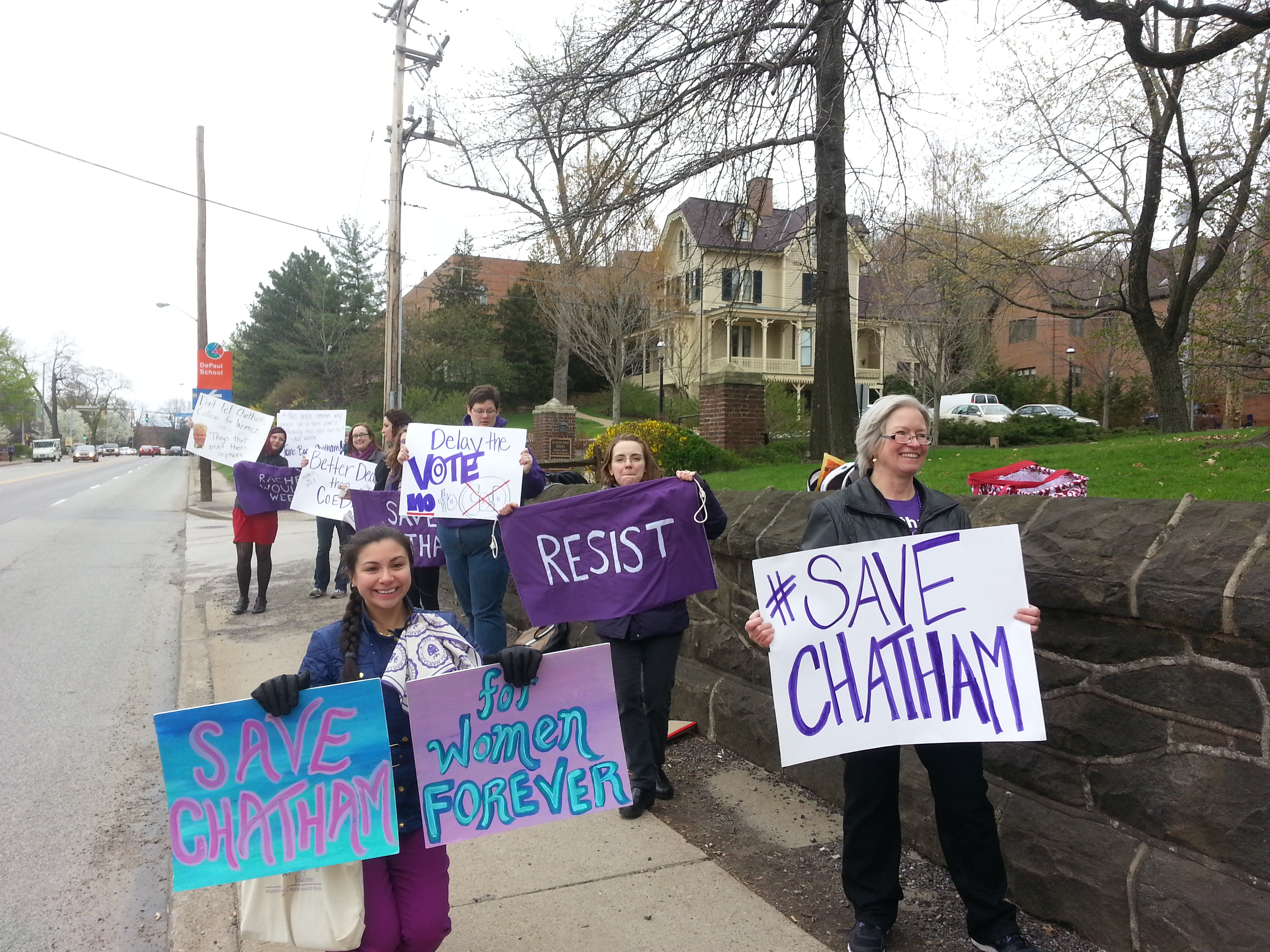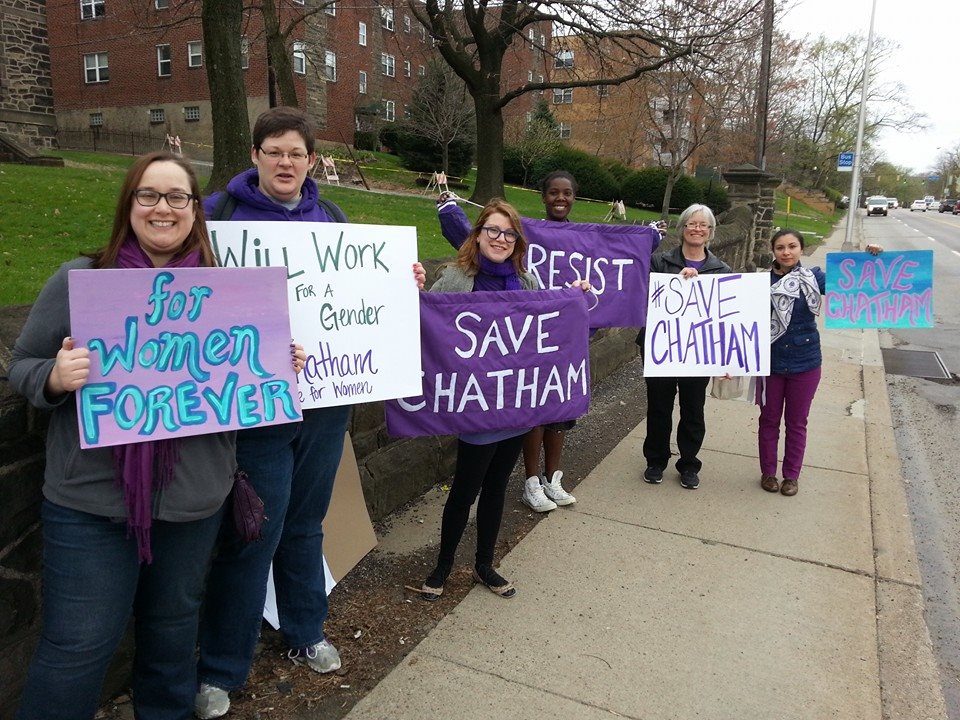On Tuesday, November 11, traffic was brought to a halt in the East Liberty area of Pittsburgh when a group of demonstrators marched in protest of police actions.
The protest, which occurred exactly two years after Leon Ford was shot and paralyzed by Pittsburgh Police in a traffic stop in 2012, was meant to draw attention and awareness to the issue.
They were also protesting the fact that they officer responsible for the shooting is still on the street.
The group chanted, “Who do we support? Leon Ford,” and demanded to see Pittsburgh’s Chief of Police.
Ford was shot four times after fleeing from Police during a traffic stop. Police later said that they feared for their lives, causing them to open fire.
Ford was eventually found not guilty of the two counts of aggravated assault against Officer David Derbish, the officer who shot him.
The jury, however, was deadlocked on the other charges, which included resisting arrest, escape, and reckless endangerment.
The protest lasted a little over an hour, at which point the group of about 20 demonstrators peacefully dispersed, after being asked to by a police lieutenant.
They did, however, succeed in bringing traffic in East Liberty to a standstill for the duration of the protest, during the height of rush hour.
This event comes after a nationwide wave of backlash against police actions, most notably the protests in Ferguson, Missouri, which stemmed from the August 9 shooting of 18-year-old Michael Brown
The hope, according to the protestors, is to open a dialogue that will eventually improve the relationship between the police force and the community.

